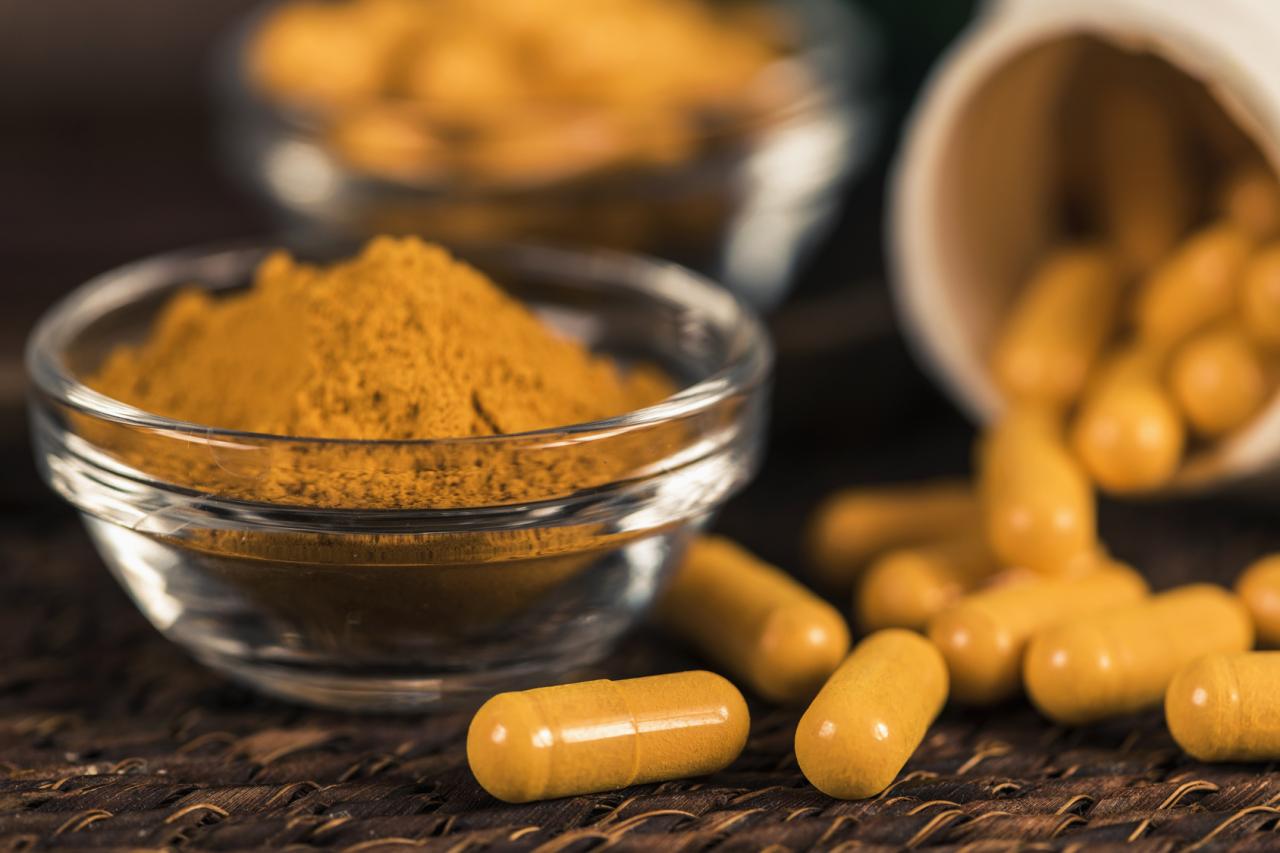 Photo: Getty Images
Photo: Getty Images
It’s mid-April and the evidence of spring is abundant – flowers are blooming, gardens are delivering their first fruits, and the sounds of pounding feet and children’s laughter ring through the parks and hike and bike trails. The weather is a perfect, glorious counterpoint to the cold, dark dampness of winter. It’s truly a perfect time of year marred only by its impermanence: Spring is, unfortunately, too short-lived and quickly gives way to the too brilliant heat of summer.
This season of vacations seems created to de-stress even the most battle weary corporate executive or super-powered-wonder-woman-working-mom. Vacations, waters sports, cycling, or simply sitting on the front porch watching a glass of iced tea sweat – summer seems to have been created to engage in heart healthy life changing activities that lower high blood pressure, melt off those extra pounds, tone and shape those muscles, generally improve your health, and make your smile!
What more could anyone ask for? Well, perhaps just a little less brilliance from the sun and a bit more moderation in the thermometer. While summer is the perfect time to breathe in fresh air and escape the confines of the concrete world we live in, it’s also a time of what can sometimes be stifling and unbearable heat. When combined with humidity over 70 percent, that lovely sun we worship can become deadly.
One of the amazing things about the human body is that we come with a built in air conditioner – a natural cooling system if you will that enables us to cool down when overheated. Overheating causes sweating which cools the skin and lowers body temperature. When you exercise outdoors, summer heat and humidity circumvent this natural cooling, resulting in excessive sweating, loss of fluids, and a heart working overtime to deliver needed blood and oxygen; all of which take a toll and may result in damage to the brain or heart.
Those lovers of the sun among us need to watch for three main summer enemies that seek to rob you of your outdoor fun: dehydration, heat exhaustion, and heat stroke.
Dehydration: Believe it or not, we’re made up of mostly water. Dehydration occurs when more water is leaves the body than you put back in. Ensure you stay well hydrated throughout day and drink extra fluids to accommodate for water lost due to exercise or other outdoor activities where heat and humidity may be a factor.
Heat exhaustion: Know the symptoms of heat exhaustion as it can quickly escalate to heat stroke. Symptoms may include: headaches, weak pulse, rapid pulse, excessive sweating, dizziness, and in some instances fainting, clammy skin, chills, cold, nausea, vomiting, muscle cramps or very fast or very shallow breathing. If you suspect you have heat exhaustion, take action immediately to cool down your core. If possible, immerse yourself with cool water. My personal favorite to quickly cool my core is to jump in the lake, literally! My husband does get a little too much pleasure from telling me to go jump in the lake!
Heat stroke: Unlike heat exhaustion, victims of heat stroke have warm skin that is dry to the touch because they’ve sweated out all their extra water leaving the body’s natural cooling system unable without a key cool-down ingredient. High fever, severe headaches, nausea, vomiting, and a strong, rapid pulse all accompany heat stroke. In addition, victims may become confused and can lose consciousness. It’s not uncommon for temperature to rise to 106 degrees or more in less than 15 minutes. Heat stroke is a very serious condition which may cause permanent brain or heart damage and even death. It’s important to take action to cool the victim – move them to shade or indoors, douse with cool water or ice - and most importantly, seek immediately medical assistance.
Knowing your enemy is half the battle when it comes to victory. With a few simple tricks, you can easily keep dehydration, heat exhaustion, and heat stroke from interfering with your summer fun. Keep these simple tips in mind as you plan your summer fun:
• Always wear light-weight clothing that has plenty of ventilation – the fabric should “breathe.”
• Stay well hydrated; always ensure you consume an abundance of extra liquids in the summer - - and no, that doesn’t mean soda and beer! Give your body what it needs – plenty of water.
• Exercise or schedule other strenuous activities when the heat and humidity are at their lowest. Early mornings and late evenings are often good times for high energy activities.
• Rest in cool, shady places frequently. If you’re hot, go cool down – get indoors, drink cool liquids, enjoy the air conditioning for a few minutes, or take a cold shower. Summer is not a test of heat endurance, it’s for fun and you won’t have fun if you fall victim to a heat-related illness.
• Eat light heart healthy foods to replace minerals and nutrients that may be lost. Give your heart a little extra support during the summer months with a healthy diet.
• Watch out for those at greatest risk such as very young children, the elderly, persons who may have health conditions such as multiple sclerosis, those with high blood pressure or existing heart problems. Certain medications may put you at greater risk of heat-related illnesses so be aware of how medications may interact with the heat.
Mary Kyle is a freelance writer, editor, and author of two books. She has Master’s degree in Legal Studies and is a certified Project Management Professional. Mary makes her home in historic Lockhart, Texas, and is active in regional music and plays and sings in several bands.
Sources:
Hot Weather and Cardiovascular Disease, American Heart Association, 31 Mar 2011, http://www.heart.org/HEARTORG/Conditions/Hot-Weather-and-Cardiovascular-Disease_UCM_423817_Article.jsp
Summer Heart Health, Your Heart in Summer, Wellness For All Seasons, http://www.wellnessforallseasons.com/health_tips/summer_heart.html
Summer Heart Health, How to take care of your health, including your heart, in hot weather, Crozer-Keystone Health System, 2007, http://www.crozer.org/CKHS/COE/Heart/Prevention/Summer+Heart+Health.htm






Add a Comment2 Comments
Thank you for letting me know that the links are no longer current. The Crozer site (third link) indicates that they just redesigned the entire site. I'll contact them and see if they have a new link for this article. If so, I'll post it here.
If you do a ctrl-click on the first link above, it takes you to this page:
http://www.heart.org/HEARTORG/Conditions/Hot-Weather-and-Cardiovascular-Disease_UCM_423817_Article.jsp which contains additional information that you need.
The second link works for me as-is.
Please let me know if you are still experiencing difficulties.
July 7, 2011 - 6:57amKind regards, Mary
This Comment
OK advice but 2 of the 3 links under sources don't work to learn more.
July 7, 2011 - 5:30amThis Comment